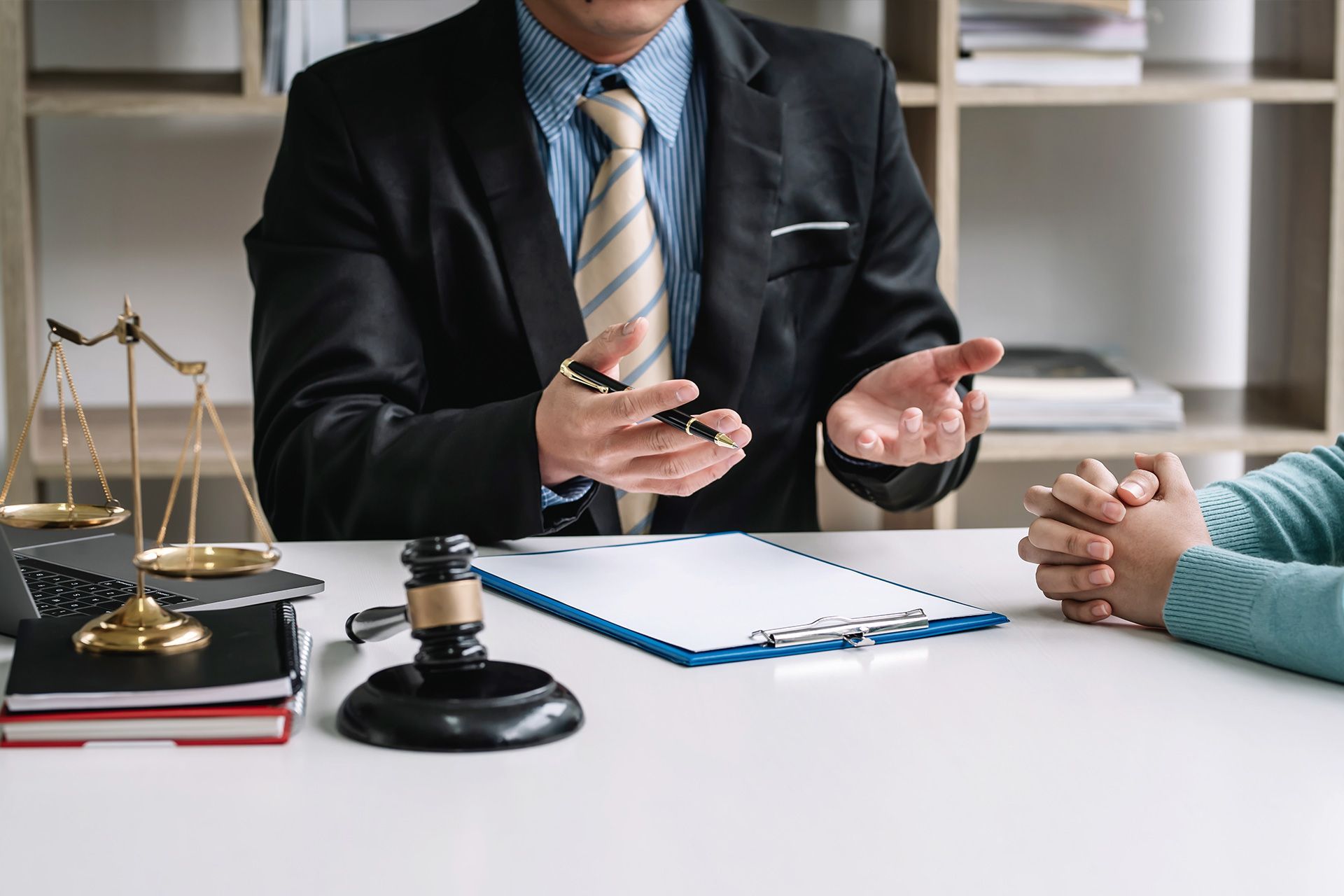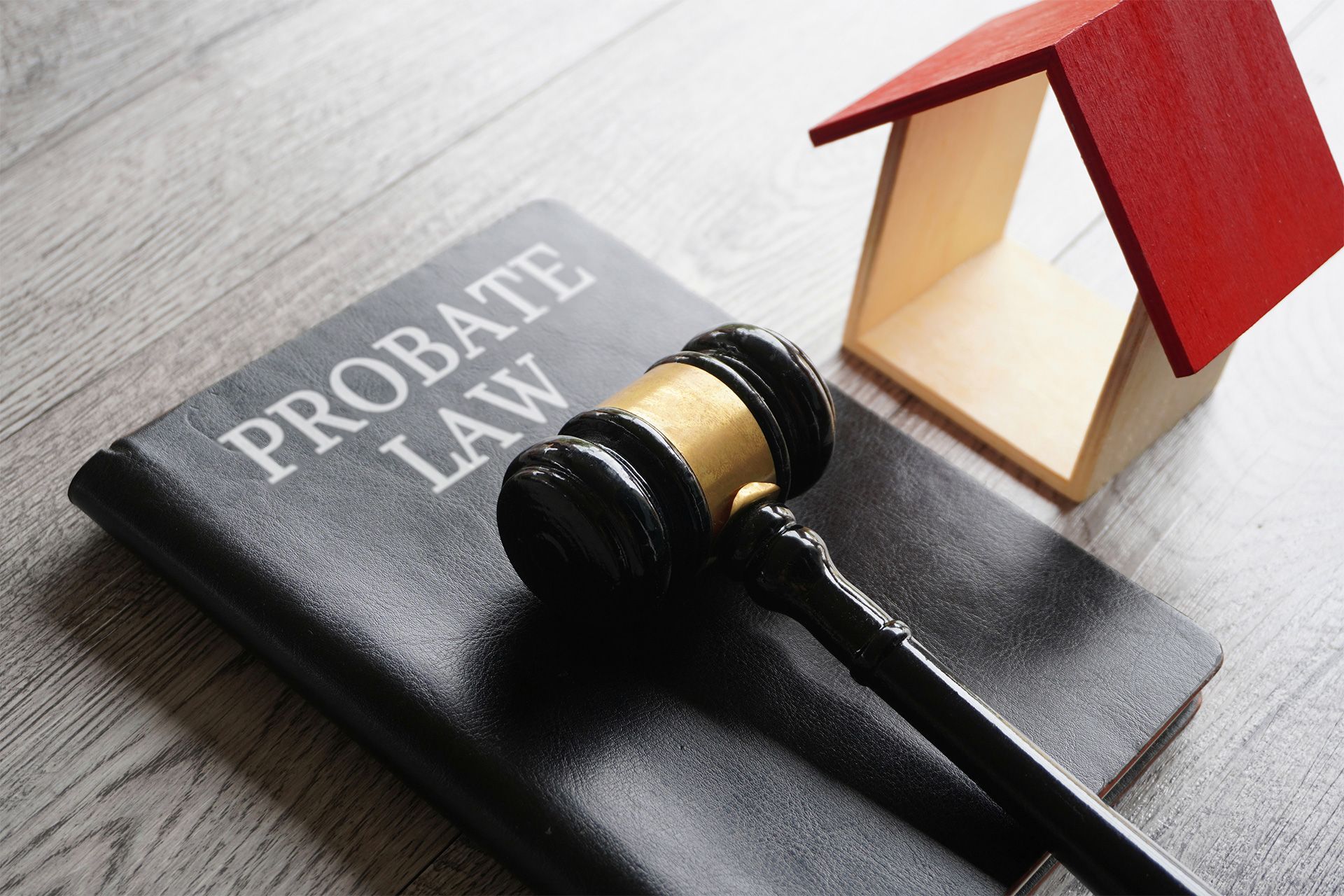Legal Guardianship vs a Will – Which Option is Best for You?
When it comes to planning for the future, making sure your loved ones are protected is very important. Two common tools people use for this are Legal Guardianship and a Will. But what do they mean? How are they different? And which one is right for you?
In this blog post, we will break down Legal Guardianship vs a Will, explain what each one does, and help you decide which option may be best for your family.
What is a Will?
A Will is a legal document that explains what should happen to your things and your children after you pass away. In your Will, you can:
- Choose who gets your money and property
- Name a person to take care of your children (a guardian)
- Pick someone to manage your estate (called an executor)
Having a Will helps make sure your wishes are followed and your loved ones are taken care of.
What is Legal Guardianship?
Legal Guardianship means giving someone the legal right to take care of another person. This usually happens when a child’s parents are no longer able to take care of them. A legal guardian can make decisions about:
- Where the child lives
- What school they attend
- Their medical care
- Their everyday needs
Guardianship can also apply to adults who can’t take care of themselves due to illness, age, or disability.
Legal Guardianship vs a Will – What’s the Difference?
Now let’s look at the differences between Legal Guardianship and a Will.
| Feature | Legal Guardianship | Will |
|---|---|---|
| Purpose | Appoints someone to care for a person (usually a child) | Explains who gets your things and who should care for your children after you die |
| When it Happens | Can happen while you're alive or after death | Only takes effect after death |
| Court Involvement | Often requires court approval | Needs to be filed with probate court after death |
| Control | You can choose the guardian while you’re alive | You choose who inherits your assets and names a guardian after death |
| Updates | Can be changed if needed | Can be updated any time before death |
While both a Will and Legal Guardianship can protect loved ones, they do it in different ways.
Why You Might Choose a Will
Having a Will is a smart idea for almost everyone. It allows you to:
- Control who gets your property
- Choose someone you trust to care for your children
- Avoid confusion or fights in the family
- Make sure your last wishes are followed
If you have children, a Will lets you name a guardian who will raise them if something happens to you. Without a Will, the court decides who takes care of them — and it may not be the person you would choose.
Why You Might Choose Legal Guardianship
Sometimes, families need Legal Guardianship while the parents are still alive. This may happen if:
- A parent is seriously ill or unable to care for a child
- A child has special needs that require extra care
- An elderly adult becomes unable to make decisions for themselves
- A teenager needs a stable home and a legal caregiver
Legal Guardianship allows someone else to step in and make important decisions. This can provide stability and safety for the person who needs care.
Can You Have Both?
Yes! In fact, it is a good idea to have both a Will and a Legal Guardianship plan. They work together to make sure your loved ones are protected now and in the future.
Here’s how it works:
- Use a Will to say who gets your property and who should take care of your children after you pass away
- Use Legal Guardianship if your children or loved ones need care while you’re still alive
Together, they offer complete protection for your family.
Which Option Is Best for You?
Choosing between Legal Guardianship vs a Will depends on your situation. Here are a few questions to help you decide:
1. Do you have young children?
If yes, then you need a Will so you can name a guardian in case you pass away.
2. Are you still alive but unable to care for your child?
You may need Legal Guardianship to give someone the legal right to help raise your child.
3. Do you want to protect your property and make sure it goes to the right people?
A Will is the right tool to do this.
4. Are you taking care of someone with special needs or an aging parent?
Legal Guardianship may be needed to help manage their care.
5. Are you worried about the future and want peace of mind?
Having both a Will and Legal Guardianship plan can help you feel secure knowing your loved ones are safe no matter what happens.
Common Misunderstandings
Many people think they only need one or the other, but that’s not always true. Here are a few common myths:
- Myth: “I don’t need a Will if I’m healthy.”
Truth: Accidents and unexpected events happen. A Will protects your family no matter what. - Myth: “Guardianship is only for kids.”
Truth: Adults with disabilities or elderly people may also need a guardian. - Myth: “My family knows what I want.”
Truth: Without legal documents, the court may make different choices than you would.
It’s always better to be safe and plan ahead.
How to Get Started
If you’re ready to make a Will or set up Legal Guardianship, follow these steps:
- Talk to a lawyer – A legal expert can help you choose the right options for your family.
- Make a list – Write down who you want to care for your children and who should get your property.
- Choose your guardian – Pick someone who is responsible, caring, and willing to take on the role.
- Update your documents – Review your Will and guardianship plans every few years or after big life changes (like a marriage, divorce, or birth of a child).
- Store your documents safely – Keep your Will and other papers in a safe place, and make sure your family knows where to find them.
Final Thoughts
Both Legal Guardianship and a Will are important ways to protect your family. A Will helps control what happens after you’re gone, while Legal Guardianship can help if someone needs care while you’re alive. They serve different purposes, but together they give your loved ones strong support.
Planning ahead might feel hard, but it gives you peace of mind and protects the people who matter most.
Need help creating a Will or setting up Legal Guardianship? Contact
Doane & Doane today for expert legal guidance.
Disclaimer: The information on this website and blog is for general informational purposes only and is not professional advice. We make no guarantees of accuracy or completeness. We disclaim all liability for errors, omissions, or reliance on this content. Always consult a qualified professional for specific guidance.
RECENT POSTS






